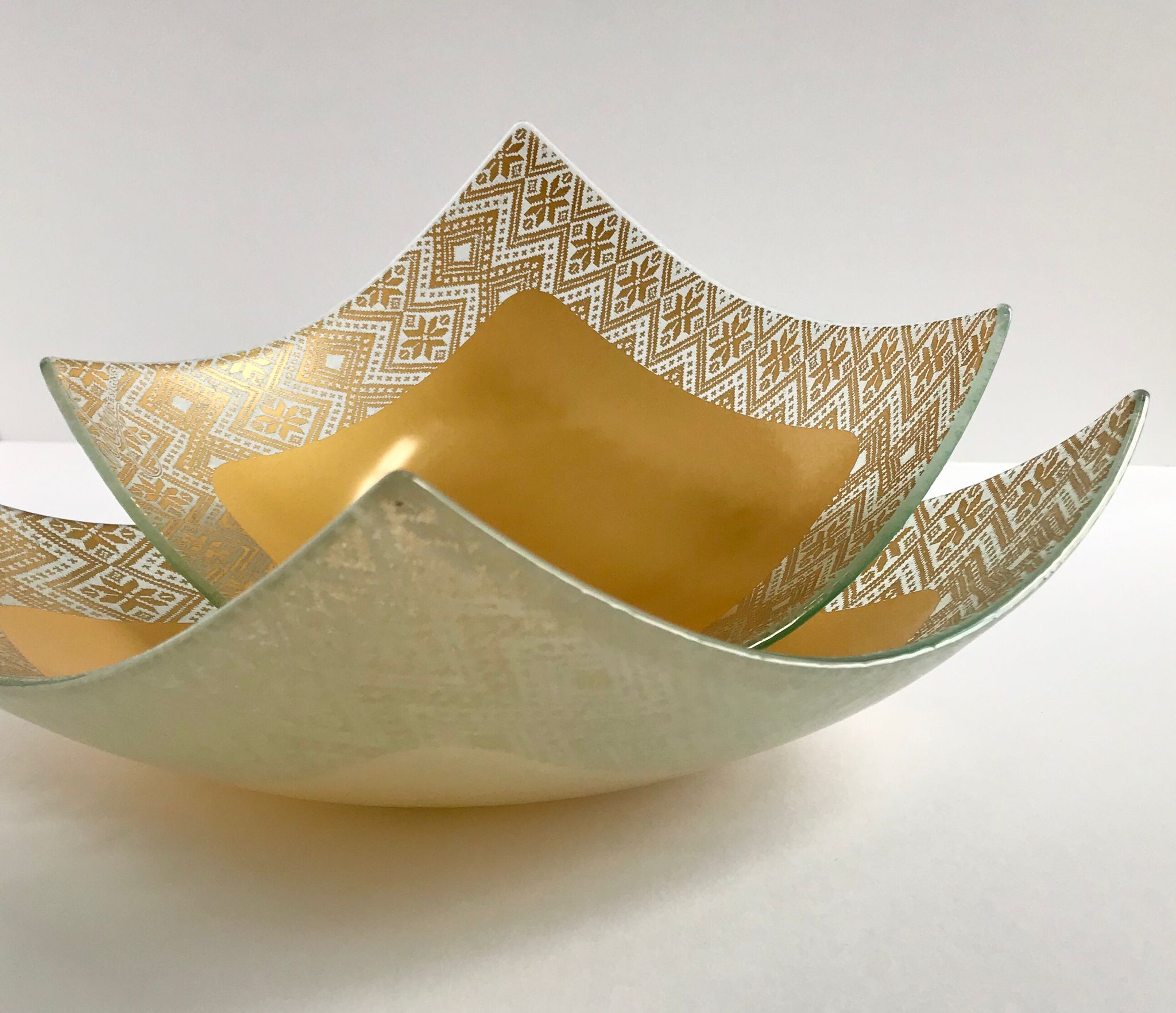Story by: Megan Iacobini de Fazio | Photography Courtesy of: Stéphane Charpentier
Since 2013, Arlen Dilsizian and Derek Debru have galvanized Uganda’s electronic music scene, throwing parties and events with a focus on underground electronic music. “Dope underground music, that’s what we’re about. Just dope music,” says Dilsizian, an ethno-musicologist and co-founder of emerging Uganda-based label Nyege Nyege Tapes.
“Dope underground music” is exactly what the label has been releasing since its official launch in December of 2016, when Dilsizian and Debru felt the need to create a platform to showcase the wealth of art coming out of East Africa.
The erosion of musical tradition and the fading of folklore is a reality in many places around the world, and East Africa is no different. “Electronic music has been in its infancy here for over 15 years,” Debru says. “So while in some cases the rhythms have remained essentially very similar, they are now being produced on computers, often with very basic programs.” Due to high costs, and the relative low income of many DIY producers, few are able to afford the latest hardware and software, but still achieve remarkable production with programs like Fruity Loops.
“Electronic music has been in its infancy here for over 15 years,”
—Debru says
As a result, Uganda has seen a rise of homegrown, localized electronic scenes, rooted in traditional sounds like the twanging, plucked notes of the Ennanga harp, and the vigorous drumming of courtship dances. “All over Uganda, there are people in nondescript little studios making music for their own tribe, or just to play in their own local area. We are constantly stumbling upon producers making killer stuff,” Dilsizian says.
A growing number of producers are making straight up trap-rap, EDM and hard techno, which historically is a bit outside the way African music is typically perceived. For Nyege Nyege Tapes, the idea is that there’s no one way in which local art should sound. “There has been a long history of African musicians who are inspired by music from outside the continent, just as much as there has been a long history of European musicians being influenced by music made in Africa,” Dilsizian says. “Our collaborations reflect that.”
To read the full article visit www.daily.bandcamp.com.









